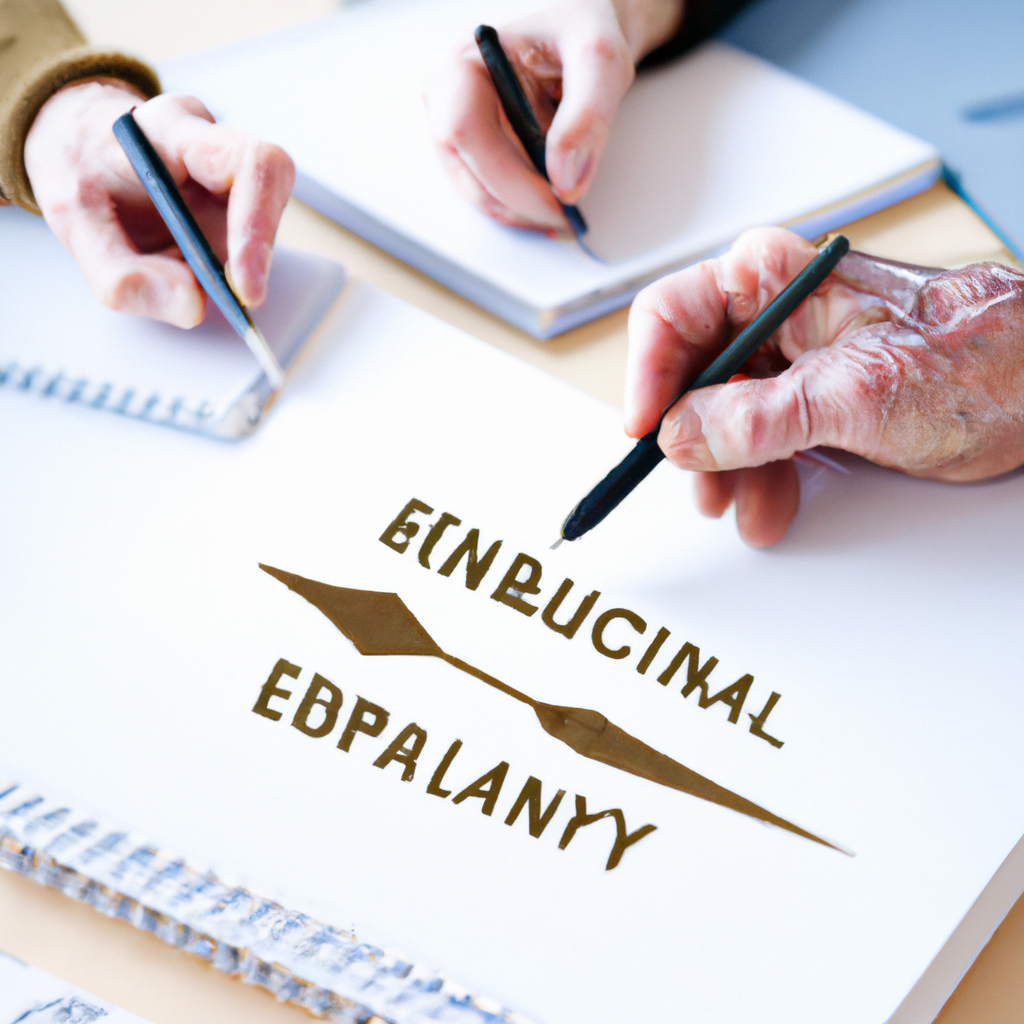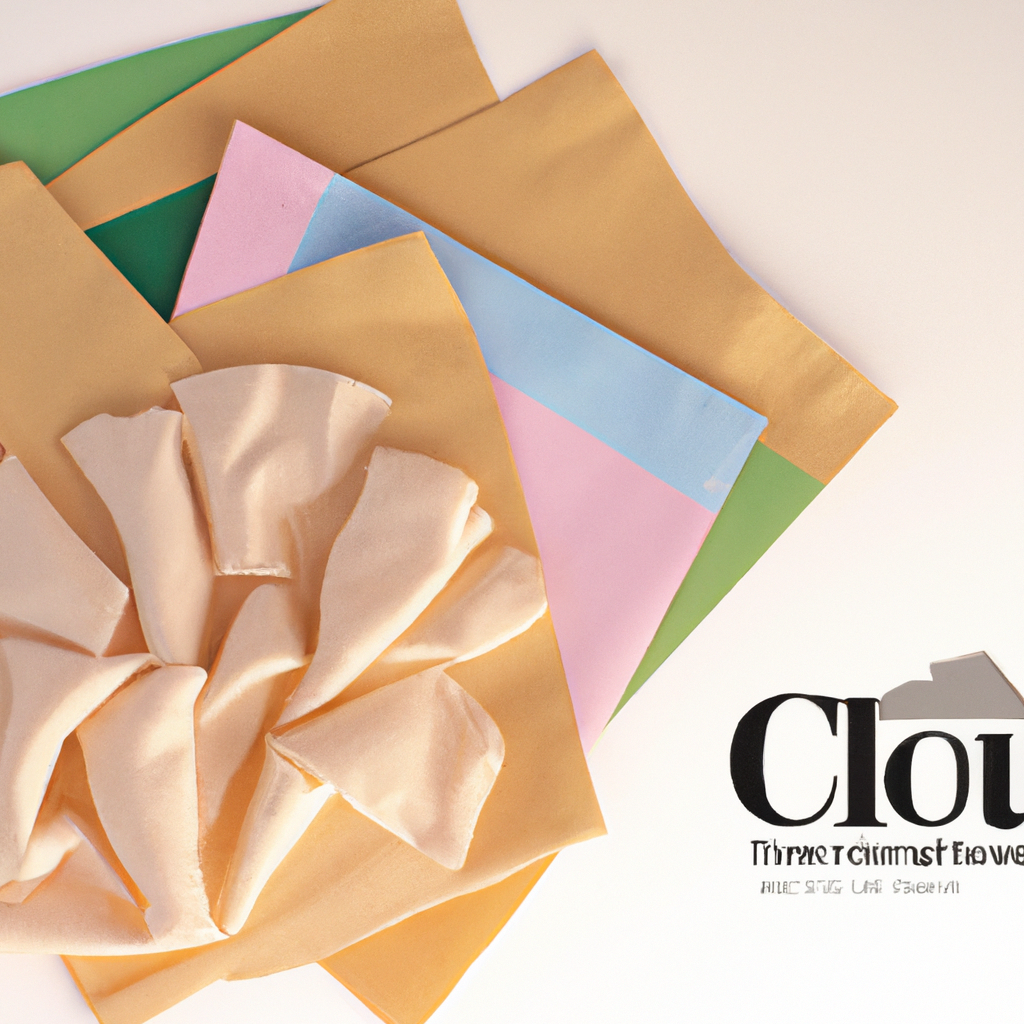In the modern era of globalization, cultural identity has become an increasingly dynamic and multifaceted concept. This is reflected in many aspects of everyday life, including our traditions, beliefs, customs, values, and even writing. The concept of penning cultural identity has been gaining momentum among authors and writers alike. Penning cultural identity seeks to create a literary representation of a particular culture and allow for personal exploration of its complexities. This article will explore the various ways in which penning cultural identity can be used to explore and deepen our understanding of culture.
1. Exploring the Power of Penning Cultural Identity
As cultures evolve and advance, the power of writing can be harnessed to record history, document ideas, and express cultural identity. Writing provides an outlet for artistic expression and communication, and can shape perceptions of identity that range from national and ethnic to rural and urban.
The written word offers a way to unite disparate elements of culture and create a collective identity within a community. From tales of folklore to contemporary written works, language can capture a shared cultural understanding and experience that binds a group together. It gives members of a culture an identity that can stand the test of time.
In the modern era, writing can be used to define, record, and reveal cultural identity. One way is to capture the essence of culture through literature, music, and art. This helps bring continuity and meaning to the present day. Writing can also provide an opportunity to build bridges between disparate cultural elements by crafting stories that bring out shared beliefs and experiences.
The power of the written word can be used to represent the plurality of culture in a unified and comprehensive manner. By creating stories, essays, poems, and other forms of writing, a comprehensive representation of cultural identity can be achieved. Through the written word, a culture can be given clarity, context, and definition.
Key Takeaways:
- Writing can be used as an outlet for expression and communication.
- The written word can unite disparate elements of culture and create a shared understanding.
- Writing provides an opportunity to define, record, and reveal cultural identity.

2. Examining the Possibilities of Words
Now that you’ve opened the book, you’re ready to begin . Words can open up new worlds, new thoughts, emotions, and experiences. They can introduce us to new places and new stories. They can transport us places we never thought possible.
Words are power. With them, we can influence people’s opinions, sway their decisions, and make them fall in love. We can make them laugh and cry. We can tell stories that transport them to hidden realms and far-off lands.
Words have the capability to change the world we live in, for better or for worse. With the use of persuasive language, we can incite positive change or start heated and damaging arguments. In the hands of the right person, words can rally thousands to a cause. We’ve seen it happen in history countless of times.
But words can also heal. We can use them to mend relationships, express our love, and give life-affirming advice. We can bridge cultural gaps, motivate others, and let our friends and family know that we care.
The possibilities of words are truly endless. Whether we use them for good, evil, or fun, we must always remember the impact they can have. Our words can bring people together or tear them apart. It’s up to us to choose wisely.
3. Connecting to our Cultural Roots
We are lucky enough to be surrounded by our culture – the rich and diverse heritage that has been passed down through generations. Whether it’s through family stories, songs, art, rituals, or simply the feel of the environment around us, it has been an abundant source of knowledge and inspiration. It’s when we recognize and appreciate this cultural wealth that we are able to fully appreciate who we are and where we come from.
Here are 3 simple ways to connect with our cultural roots:
- Explore Cultural Arts and Activities: Every culture has its own unique art forms, from the music of India to the dance of China. Taking part in cultural activities like these will help you to learn about the traditions and values of the people in your community.
- Learn the Language: Whether it’s attending language classes, or just conversing in your native tongue with friends and family, learning your language immerses you in the culture and can bridge the gap between generations.
- Travel: If you have the opportunity to visit countries in your cultural heritage, seize it! Spending time in a country steeped in culture will help you understand the nuances of the culture and learn more about the history and values of that place.
By engaging with our cultural roots on a regular basis, we open ourselves up to learning more about our past, ourselves, and how we can move forward in our lives. It can be a journey of discovery that allows us to appreciate our unique heritage and appreciate the beauty in the differences between us.
After all, by learning from the past, we are better equipped to create a vibrant future.
4. Reclaiming our Voices through Penning Identity
Stepping into Our Authentic Power
As we reclaim our voices through penning identity, we move beyond mere communication—connecting with something that transcends temporal and spatial boundaries. We step into our authentic power through engaging with our words, feelings and thoughts. Our words hold a deep reservoir of knowledge, history and understanding that resonate from within. With our words, we express the most true and intimate parts of our identities.
This reclaiming of our voices gives form to how we view and exist within the world. It is our power to create, heal and change. Our stories become pathways for self-expression and for our truths to be honored and celebrated.
Creating New Possibilities
The powerful stories we tell through penning identity open the door for a new understanding of ourselves and our world. We recognize what can be— moving away from outdated, limiting beliefs and judgements, creating new and infinite possibilities.
Through embodying our individual compelling narratives, we invite others to join us in our transitions towards awe-inspiring personhood, unleashing powerful transformation in our lives.
Championing Our Experiences
By championing our experiences, we enable our most treasured aspects of ourselves to fully emerge; our greatest gifts being channeled and expressed. We courageously open ourselves to transformation, championed by our words and fueled by our authentic fire.
In unison, we write our stories with passion and compassion, embodying our deepest truth:
- Believing in our Wisdom
- Making Time for Self-Reflection
- Honoring our Journey
- Embracing Diversity
- Claiming our Voice
Our words reclaim our identities and refine our path, connecting us deeply to our soul, while giving voice to what is beyond our comprehension. Through our journeys of penning identity, we enter the power of ‘I Am’, stepping into a timeless and spiritual connection with ourselves and others.
This is why it is important to write our cultural identity and to share the stories of our ancestry. Creating our own understanding, through writing, of the art and culture of our families and communities helps to shape our current and future identities. Many rich materials are out there to explore, setting the stage for new discoveries yet to come.
